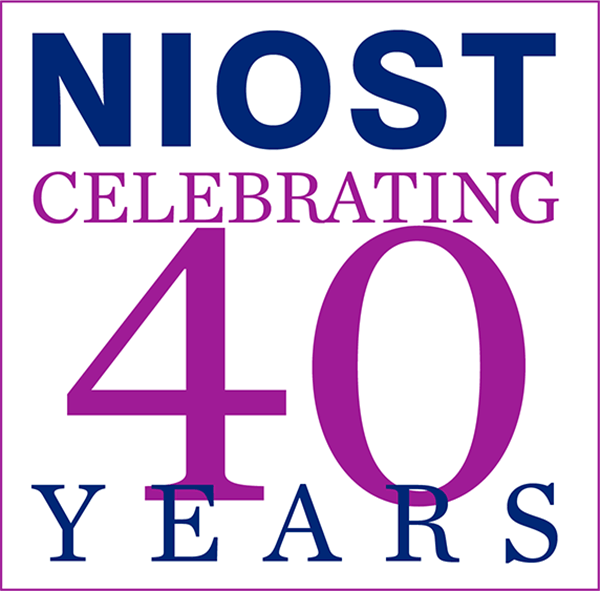5 Ways Communities of Practice Benefit OST Professionals
March 2, 2021
 The National Institute on Out-of-School Time (NIOST) has always been focused on capacity building. Whether working with a state or city network, or a cohort of programs, NIOST helps build local capacity to serve youth in afterschool, summer, and other out-of-school time (OST) programs. One highly effective way NIOST does this is through communities of practice.
The National Institute on Out-of-School Time (NIOST) has always been focused on capacity building. Whether working with a state or city network, or a cohort of programs, NIOST helps build local capacity to serve youth in afterschool, summer, and other out-of-school time (OST) programs. One highly effective way NIOST does this is through communities of practice.
Communities of practice are typically one-hour sessions during which OST professionals come together to explore and learn from each other, share experiences, and gain resources. Unlike training sessions, communities of practice offer brief but regular opportunities for practitioners to support one another in continuously improving the quality of their programs.
Here are some of the benefits of communities of practice:
1. Community is Key
Some OST programs are separated by geography, and some struggle to find others with whom they share a particular mission. Communities of practice offer an opportunity for professionals with similar goals to come together and exchange information that helps them succeed.
2. Learning Through Relationships
Typically, NIOST sets the agenda for communities of practice and kicks things off, but participants take it from there. Through talking to each other and sharing knowledge directly, they build relationships that allow them to learn and grow together.
3. Resources to Share
NIOST has found that OST professionals are hungry for specifics. They want examples of practices that work and instructions for how to implement them, so we augment the discussion with resources. This approach is appreciated by participants, who regularly state in their evaluations that the articles, research briefs, and videos NIOST provides are helpful and can be shared with staff in order to extend the learning in their programs.
4. Continuous Learning Sticks
The ongoing learning facilitated by communities of practice allows time for concepts to stick, and for long-term challenges to be tackled as a group. Participants can bring their questions and share insights on what works and what doesn’t. As they provide guidance and cheer each other on every step of the way, they have the power to create lasting change.
5. Enthusiasm is Contagious
Communities of practice involve a lot of active participation and excitement. Participants are heartened to know they’re not alone in the challenges they face, and energized and inspired by their peers. OST professionals are hugely committed to the children and families they serve—and to each other’s success.
Contact us to learn more about how your OST staff can benefit from communities of practice.



